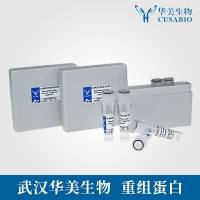Fungicide Resistance Assays for Fungal Plant Pathogens
互联网
660
Fungicide resistance assays are useful to determine if a fungal pathogen has developed resistance to a fungicide used to manage the disease it causes. Laboratory assays are used to determine loss of sensitivity, or resistance, to a fungicide and can explain fungicide failures and for developing successful fungicide recommendations in the field. Laboratory assays for fungicide resistance are conducted by measuring reductions in growth or spore germination of fungi in the presence of fungicide, or by molecular procedures. This chapter describes two techniques for measuring fungicide resistance, using the sugarbeet leaf spot fungus Cercospora beticola as a model for the protocol. Two procedures are described for fungicides from two different classes; growth reduction for triazole (sterol demethylation inhibitor; DMI) fungicides, and inhibition of spore germination for quinone outside inhibitor (QoI) fungicides.









